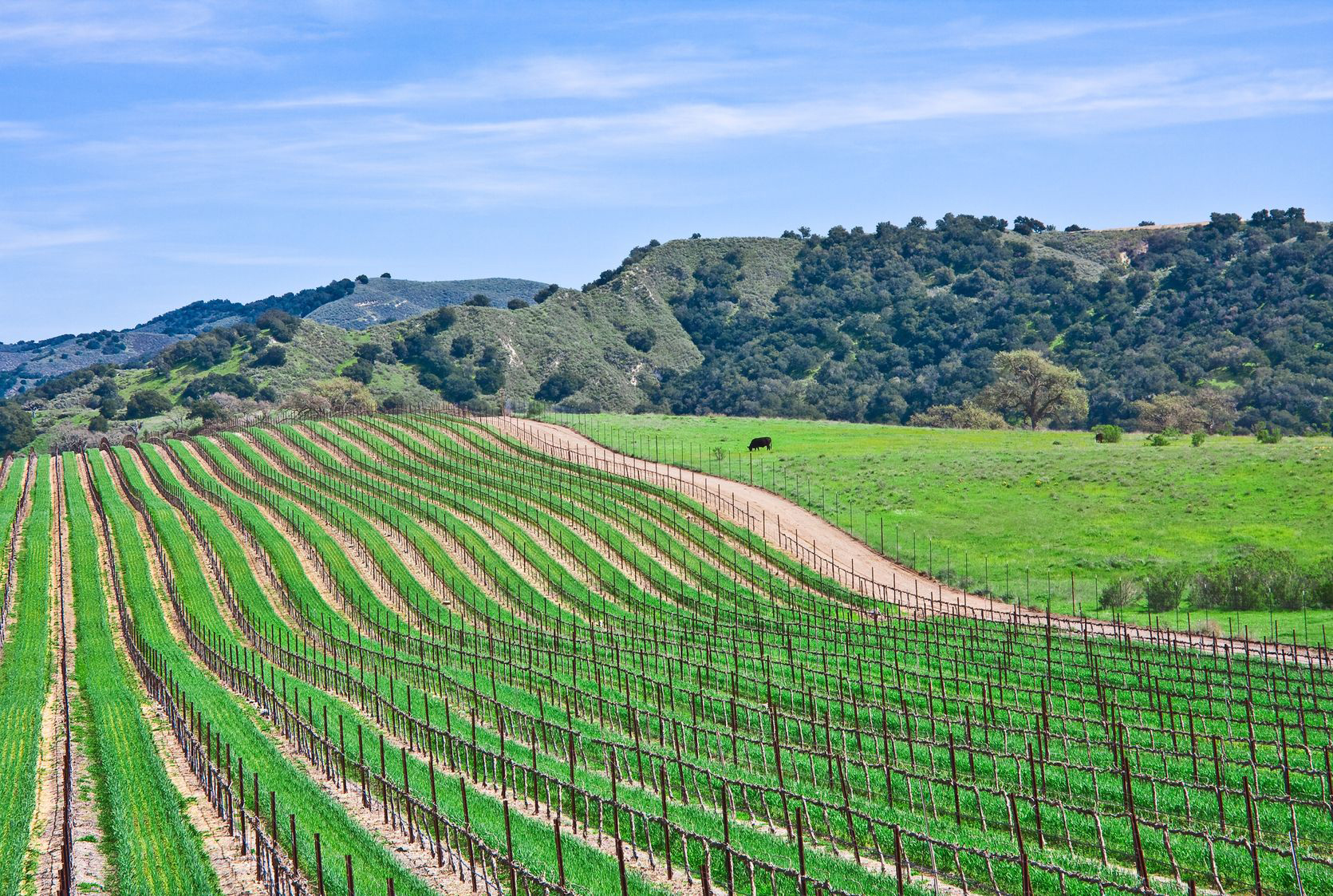Conflicts over water are not new to the American West, especially to California. An upcoming trial in Santa Barbara showcases many of the issues involved in our parched state’s quest for water, and points to a possible solution.
The 725-acre Slippery Rock Ranch near Santa Barbara sits above 200,000 acre-feet of water, a lake-size supply well beyond the needs of the ranch’s avocado trees. Owner Dick Wolf, who produced “Miami Vice” before creating the popular “Law & Order” television franchise, sought to sell some of the excess to water districts in the area.
That plan, unfortunately, ran into difficulties. Wolf’s right to sell his water, it turned out, was not quite as secure as the right to sell his avocados or the rights to his television shows.
Slippery Rock could not reach an agreement with the Goleta Water District, which serves 90,000 residential, commercial and agricultural customers in Santa Barbara County. So Wolf turned to Montecito, a small unincorporated community with about 3,000 homes, which sought to purchase about 2,000 acre-feet per year. With few wells, the affluent community relies almost entirely on surface water.
The Goleta Water District claims that the lake-size reservoir under Slippery Rock Ranch is connected to the Goleta Groundwater Basin. So the district is suing Slippery Rock Ranch to prevent the sale. The trial begins Aug. 31 in Santa Barbara Superior Court.
In the meantime, Californians might want to consider how Australia, a country with an extremely arid climate and limited water supplies, handles its water problems.
As the country’s National Water Commission explains in “Water Markets: A Short History,” Australia recognized the need to make the best possible use of existing resources. “Water markets and trading were the primary means to achieve this.”
Creating a working water market “required policy makers to put faith in the collective wisdom of water users, rather than governments, in deciding how to make the best use of the resource,” the commission says. The results have confirmed their judgment.
The flexibility and autonomy of water trading has “increased agricultural production, helped farmers and communities to survive severe drought, and provided the mechanism for recovering water for the environment.”
Today, according to the commission, Australia’s water markets are internationally recognized as a success story, “allowing water to be put to its most productive uses, for a price determined by water users,” generating “economic benefits valued in hundreds of millions of dollars annually.”
In California, as in Australia, water is not equally distributed among regions, counties and municipalities. The heavy-handed restrictions favored by legislators, and enforced by water police, are of limited effectiveness even in times of scarcity. The bureaucratic system remains unwieldy, expensive and sometimes litigious.
Trials do not create supplies of water, but they do consume public resources, and time.
California would be better served by a system of tradable water rights, a proven success in Australia. Instead of additional controls, what Californians need is a solution. That can be found Down Under.








